July marks a significant and meaningful occasion – Disability Pride Month. This month-long celebration honors the resilience, achievements, and unique experiences of individuals with disabilities while raising awareness about the challenges they face daily. As we embrace the spirit of inclusivity, it is essential to reflect on the critical intersection between disability pride and healthcare, and how we can work towards building a more equitable and accessible healthcare system for all.
What is Disability Pride Month?
 Disability Pride Month emerged from a historic event known as the “504 Sit-In,” which took place in San Francisco in 1977. Demonstrators, mainly people with disabilities, occupied federal buildings for nearly a month to protest the lack of enforcement of Section 504 of the Rehabilitation Act, which aimed to protect the civil rights of individuals with disabilities. This act became a cornerstone for later disability rights legislation, including the Americans with Disabilities Act (ADA).
Disability Pride Month emerged from a historic event known as the “504 Sit-In,” which took place in San Francisco in 1977. Demonstrators, mainly people with disabilities, occupied federal buildings for nearly a month to protest the lack of enforcement of Section 504 of the Rehabilitation Act, which aimed to protect the civil rights of individuals with disabilities. This act became a cornerstone for later disability rights legislation, including the Americans with Disabilities Act (ADA).
In recognition of this pivotal moment in the fight for disability rights, Disability Pride Month became a time to celebrate disability identity, culture, and heritage, promoting the idea that disabilities should be accepted and valued as part of human diversity.
Understanding Healthcare Disparities for People with Disabilities
Access to quality healthcare is a fundamental human right, yet individuals with disabilities often face numerous obstacles when seeking medical services. Some of the key challenges include:
- Physical Barriers: Healthcare facilities and practices may not always be designed to accommodate people with physical disabilities, making it difficult for them to navigate and receive care.
- Communication Barriers: Deaf or hard-of-hearing individuals may struggle to communicate with healthcare providers who are not proficient in sign language or do not provide accessible communication tools.
- Attitudinal Barriers: Negative attitudes and biases towards people with disabilities can lead to stigma and discrimination in healthcare settings, hindering patients from receiving appropriate and respectful care.
- Financial Burden: People with disabilities may face higher healthcare costs due to the need for specialized equipment, treatments, and accommodations.
- Lack of Provider Training: Some healthcare professionals may lack adequate training in disability-specific care, leading to misunderstandings and subpar treatment.
Promoting Inclusive Healthcare with NAFC
Creating an inclusive healthcare system that addresses the unique needs of people with disabilities requires a concerted effort from all stakeholders, including policymakers, healthcare providers, and the broader community. Here are some vital steps we can take:
- Education and Awareness: Training healthcare professionals on disability awareness and sensitivity is crucial in fostering an understanding and inclusive environment.
- Accessible Facilities: Ensuring that healthcare facilities are physically accessible to all individuals, regardless of their mobility, is essential for promoting equity.
- Communication Access: Providing communication aids such as sign language interpreters, captioning, and accessible documents helps improve communication with patients who have sensory impairments.
- Affordability: Implementing policies that reduce financial barriers, such as insurance coverage for assistive devices and disability-specific treatments, can make healthcare more affordable for individuals with disabilities.
- Inclusive Research and Data Collection: Including people with disabilities in medical research and data collection efforts helps identify and address specific healthcare needs.
- Advocacy and Representation: Promoting representation of people with disabilities in healthcare organizations and decision-making roles can ensure that their perspectives are heard and acted upon.
The healthcare sector directly impacts the well-being and quality of life of millions of people with disabilities. By working together to break down barriers and foster a culture of empathy and understanding, we can build a healthcare system that truly embodies the principles of inclusivity, respect, and dignity for all. This Disability Pride Month, let us take the first steps towards a brighter, more equitable future for everyone.
To find a free and charitable clinic near you, please visit our website and utilize the clinic finder on the homepage.
